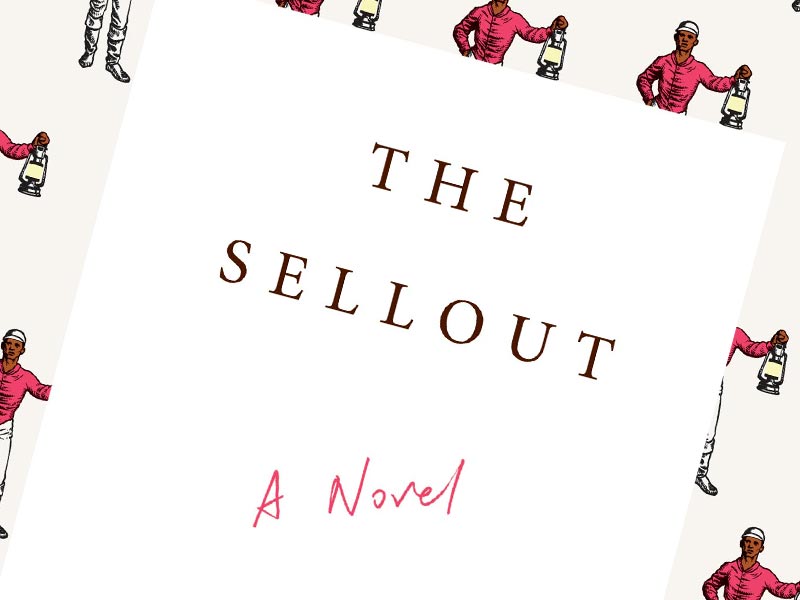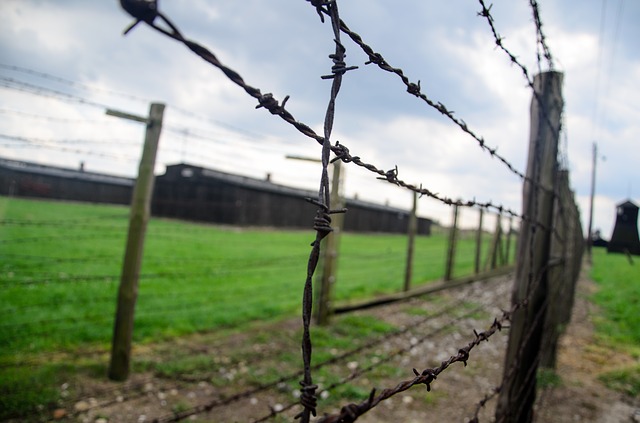The Book Thief by Markus Zusak
There is something endearing about an author who introduces a book by saying that the final story was nothing like he had planned, and he expected it to be a flop.
And that is exactly how Markus Zusak introduced The Book Thief, a book which has become a worldwide bestseller.
Part of the reason for Zusak’s lack of confidence in his introduction was the strange narrator he chose – Death itself.
In the book, Death tells of the souls he has carried away, and the many that he greeted during World War II. Telling the story of Nazi Germany, he focuses on the experience of a young girl who goes to live with foster parents, just as the war starts to make itself felt in the streets of Munich.
Here, in a poorer part of town, she meets her grey-eyed, accordion playing new father, her yellow-haired best friend and a Jew who is also awoken each night with nightmares of the past and present. They are relationships that comfort the girl, Leisel, as she tries to hold back the sadness of losing her brother and mother on the journey to her new home.
Somehow, despite or perhaps because of his strange narrator, this book offers a poignant vision of war, from the ignorant but insightful perspective of a young person. Leisel never quite understand why the tragedies and horrors around her are happening; why concentration camp prisoners are paraded through the street, why books are burnt and why her mother left her behind.
Leisel’s confusion reflects the randomness of the losses that Death sees as souls are delivered from their bodies before skies of varied shades. Some characters are spared at one time, but not so lucky later.
While readers are warned early on in the story that deaths will come – what else would there be in a novel about World War II? – the tragedy loses none of its force when it happens. I had to try to stop myself from crying when I was reading the final pages on the train.
In The Book Thief, death and destruction are somehow written with beauty and poetry, with human warmth and kindness standing out against the cool, hard backdrop of war. This year, I have read many books of war, from Regeneration to The Narrow Road to the Deep North, but I expect that this will be the one I remember most clearly.




